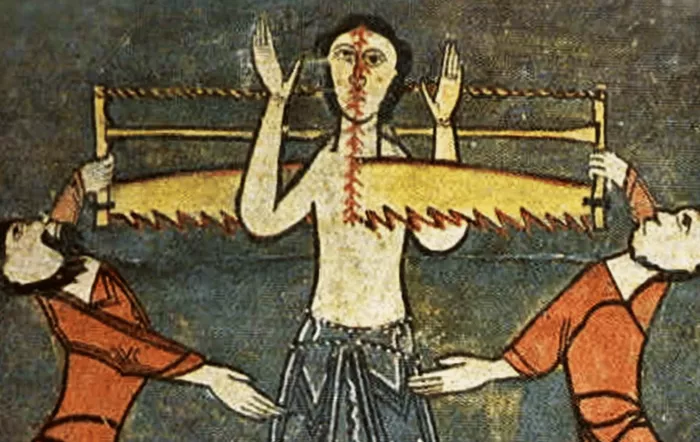The Mystery of Isaiah’s Age
Isaiah’s prophetic career spanned a significant period in the history of Judah, from the reign of King Uzziah to possibly the reign of King Manasseh. His contributions to biblical prophecy are immense, yet the Bible itself does not specify his age at the time of his death. This lack of detail invites a closer examination of historical, traditional, and textual sources to piece together the timeline of his life .
Isaiah’s Life and Ministry
Isaiah’s ministry began during a pivotal moment in the history of Judah. According to Isaiah 6:1, his prophetic call occurred in the year that King Uzziah died, which is generally dated around 740 BC. This marks the start of his public role as a prophet. His ministry extended through the reigns of Uzziah’s successors—King Jotham, King Ahaz, and King Hezekiah—potentially continuing into the early years of King Manasseh’s reign.
Key Themes and Messages
Isaiah’s prophecies are noted for their profound theological depth and visionary scope. Some of his most notable themes include:
The Holiness of God: Isaiah’s vision of God’s holiness in Isaiah 6 is a foundational moment in his prophetic career, emphasizing the divine majesty and Isaiah’s call to be a prophet.
The Messianic Prophecies: Isaiah’s predictions about the coming Messiah, including the famous prophecy of the suffering servant in Isaiah 53, are central to Christian interpretations of Jesus Christ.
Social Justice: Isaiah also spoke out against social injustice and corruption, urging the people of Judah to act righteously and uphold justice (Isaiah 1:17).
See also: When Was Book Of Isaiah Written?
The Cause and Time of Isaiah’s Death
The Bible does not explicitly state the circumstances or age of Isaiah’s death. However, historical and traditional sources offer some insights.
Historical and Traditional Accounts
Several historical and traditional sources provide context for understanding Isaiah’s death, though these accounts are not part of the canonical Bible:
Jewish Tradition: According to Jewish tradition, Isaiah was martyred during the reign of King Manasseh, who is infamous for his persecution of prophets and idolatry. This tradition is supported by passages such as Hebrews 11:37, which refers to prophets being “sawn in two.” While this passage does not name Isaiah explicitly, it is often associated with him in traditional Jewish thought.
The Ascension of Isaiah: This early Christian text from the 2nd century AD describes Isaiah’s death as a result of being sawn in two. This account, though not included in the canonical scriptures, reflects the historical belief in Isaiah’s martyrdom and aligns with the Jewish tradition regarding his death.
Estimations of Isaiah’s Age
Based on the information about Isaiah’s prophetic ministry and the traditional accounts of his death, scholars estimate that Isaiah might have been in his 60s or 70s at the time of his death. This estimation is based on the assumption that his ministry spanned several decades, beginning around 740 BC and potentially continuing into the early years of King Manasseh’s reign, which would be around the late 7th century BC.
The Impact of Isaiah’s Death
Isaiah’s death, though not detailed in the Bible, had a profound impact on the religious traditions and theological development of both Judaism and Christianity.
Influence on Jewish Tradition
Isaiah is highly revered in Jewish tradition as one of the major prophets. His writings, which emphasize themes of redemption, justice, and the coming of a Messianic age, continue to influence Jewish thought and practice. The ethical teachings found in Isaiah 1:17 remain central to Jewish social and ethical teachings.
Christian Interpretations
For Christians, Isaiah’s prophecies are foundational in understanding the life and mission of Jesus Christ. His predictions about the suffering servant and the coming Messiah are seen as precursors to the New Testament accounts of Jesus. Isaiah’s influence is evident in the way Christian theology interprets the Old Testament prophecies in light of the New Testament fulfillment.
Although the exact age at which Isaiah died remains uncertain, the evidence from historical and traditional sources suggests that he likely died during the reign of King Manasseh, possibly in his 60s or 70s. Isaiah’s death, while not detailed in the Bible, did not diminish the impact of his life and work. His prophetic messages, ethical teachings, and visions continue to resonate in religious traditions today, highlighting his enduring legacy as a profound and influential prophet.


